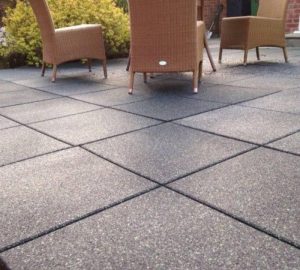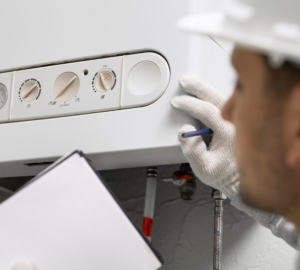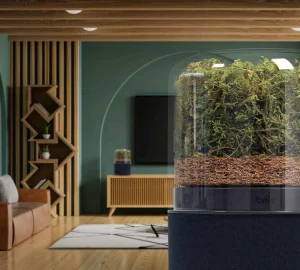It may feel cosy being sealed into a property during the cold winter months; however, for people with allergies and respiratory problems, a lack of ventilation can cause no end of troubles for their health.
Poorly ventilated heating systems and stale air can contribute to mould, damp, and mildew, all of which can lead to allergy flareups and respiratory conditions like asthma.
It may be too cold to throw open the windows just yet, but there are some steps you can take to improve the air quality of your home.
Keep Your Home Clean
One of the easiest things you can do to improve the indoor air quality of your home is to keep it clean. Your cleaning strategies should predominantly focus on reducing the amount of dust, mould, and pet dander in your home. Clear out any clutter that traps dust, and regularly clean carpets, drapes, and upholsteries that can collect allergens; especially if you have pets. You could also consider investing in a vacuum cleaner that comes with a HEPA filter for the best results.
Switch to a Home Heat Recovery System
Traditional heating systems are not very well ventilated, which can easily contribute to poor air quality. A home heat recovery system, on the other hand, ensures that clean, fresh air is pumped into your home while heating it. This can drastically improve the indoor air quality of your property, especially during the winter months when most people struggle. You can find out more about these heating systems here at: bpcventilation.ie.
Invest in an Air Purifier
Another thing you can consider is investing in an air purifier. These are especially useful if you know what is causing your allergens but you are unable to do anything about it. Air purifiers can be placed in the most commonly used rooms of the house. When turned on, they help to capture the irritants that are a common cause of allergy symptoms. While they won’t fully get rid of the problem, they can make it easier to cope with. Don’t forget plants, as they are a great way to purify the air too, as NASA’s report on ‘Indoor landscape plants for indoor air pollution abatement‘ explains.
Use A dehumidifier
Another gadget to consider investing in is a dehumidifier. These can be placed in commonly damp areas, such as the bathroom and basement, and work by decreasing the humidity in the area and drying it out (don’t keep them on all the time or whilst you’re in the room as they can dry us out too). They’re a good solution if your home has regular issues with mould spores. You should also make sure to scrub away any mould you notice on surfaces. If you are planning on redecorating in the future, look for mould resistant paints, as these can be a good preventative solution in rooms that get damp.
Even in the cold months of the year, it can be worth opening the windows from time to time to let some fresh air into your home. When this is not possible, though, the above solutions should help. Let us know if they did in the comments.











